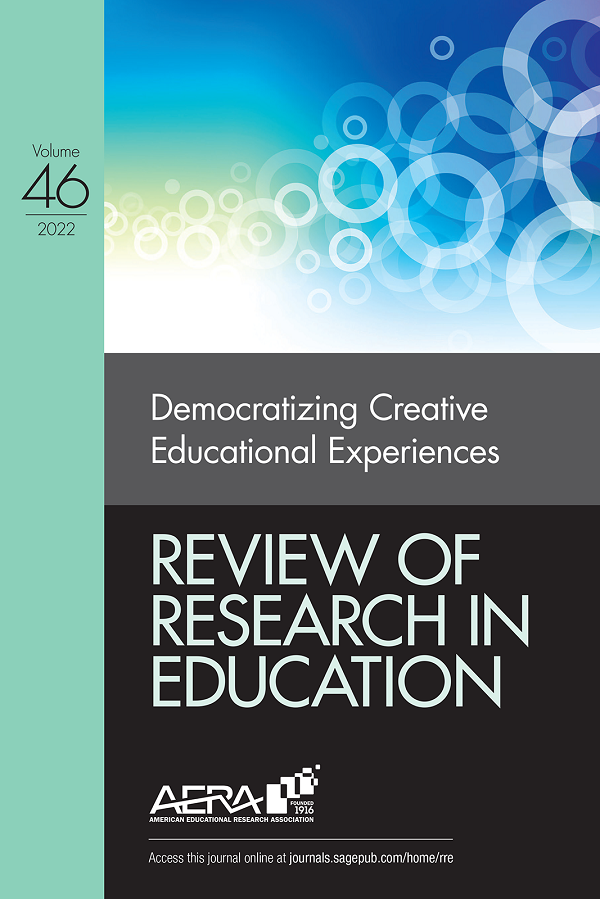Research Worth Using: (Re)Framing Research Evidence Quality for Educational Policymaking and Practice
IF 2.4
1区 教育学
Q1 EDUCATION & EDUCATIONAL RESEARCH
引用次数: 5
Abstract
This chapter calls for researchers to reconceptualize research quality from the perspective of its expected use, attending to power dynamics that influence how knowledge is defined, constructed, and validated through the research enterprise. Addressing these concerns when designing and conducting education research can yield more useful research evidence for building more equitable education systems. Anchored in scholarship on research utilization and methodological critiques, the chapter introduces a research quality framework that integrates relevance and rigor through five key dimensions of Research Worth Using: (1) relevance of question: alignment of research topics to practical priorities; (2) theoretical credibility: explanatory strength and coherence of principles investigated; (3) methodological credibility: internal and external credibility of study design and execution; (4) evidentiary credibility: robustness and consistency of cumulative evidence; and (5) relevance of answers: justification for practical application. This framework simultaneously uplifts the voices and needs of policymakers, practitioners, and community members, while elevating standards for excellence in education research. We call attention to the myriad ways in which the quality of evidence generated can be strengthened, before describing implications for curating and using research. We conclude by offering suggestions for applying and further developing the framework.值得使用的研究:(重新)为教育政策制定和实践构建研究证据质量
本章呼吁研究人员从预期用途的角度重新定义研究质量,关注影响知识如何通过研究企业定义、构建和验证的权力动态。在设计和开展教育研究时解决这些问题,可以为建立更公平的教育体系提供更有用的研究证据。本章以研究利用和方法论批评的学术为基础,介绍了一个研究质量框架,该框架通过值得使用的研究的五个关键维度将相关性和严谨性相结合:(1)问题的相关性:研究主题与实际优先事项的一致性;(2) 理论可信度:所研究原则的解释力和连贯性;(3) 方法论可信度:研究设计和执行的内部和外部可信度;(4) 证据可信度:累积证据的稳健性和一致性;(5)答案的相关性:实际应用的理由。这一框架同时提高了政策制定者、从业者和社区成员的声音和需求,同时提高了教育研究的卓越标准。在描述对管理和使用研究的影响之前,我们呼吁注意可以通过多种方式来提高所产生证据的质量。最后,我们提出了应用和进一步发展该框架的建议。
本文章由计算机程序翻译,如有差异,请以英文原文为准。
求助全文
约1分钟内获得全文
求助全文
来源期刊

Review of Research in Education
EDUCATION & EDUCATIONAL RESEARCH-
CiteScore
15.70
自引率
0.00%
发文量
14
期刊介绍:
Review of Research in Education (RRE), published annually since 1973 (approximately 416 pp./volume year), provides an overview and descriptive analysis of selected topics of relevant research literature through critical and synthesizing essays. Articles are usually solicited for specific RRE issues. There may also be calls for papers. RRE promotes discussion and controversy about research problems in addition to pulling together and summarizing the work in a field.
 求助内容:
求助内容: 应助结果提醒方式:
应助结果提醒方式:


